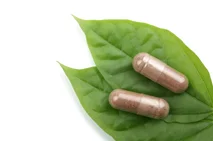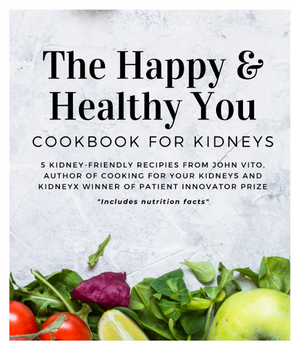Probiotics and Immune Health
In 1994, the World Health Organization deemed probiotics to be the next-most important immune defense system when commonly prescribed antibiotics are rendered useless by antibiotic resistance. The gastrointestinal tract is the body’s p
Probiotics need to be consumed on a regular basis, at least a few times a week and preferably daily, to maintain their effect on the intestinal micro-ecology. For instance;
- Bifidobacteria in the colon have been reported to decline around age 55
- Lactobacilli concentrations may be negatively influenced by stress.
Preliminary research has shown that supplementing the diet with several probiotic species can restore levels of important immune system markers comparable to levels in younger controls, and that probiotics may counteract stress-induced changes in intestinal barrier function.
The intestinal tract must be in good order and with a healthy balance of beneficial bacteria to maintain a healthy immune response. Research shows that the relationship between gut flora and a healthy immune system is not just an arbitrary co-existence, but is in fact a mutually beneficial, synergistic relationship.
Probiotics Work with the Immune System
Probiotic colonies work with the body’s internal immune system to organize strategies that prevent toxins and pathogenic microorganisms from harming the body. Probiotics communicate and cooperate with the immune system to organize cooperative strategies. Decades of medical research indicate that probiotics stimulate messages that promote specific immune responses.
Probiotics can quickly identify harmful bacteria and work to eliminate them. This process may not directly involve the rest of the immune system, though it will still be notified of any probiotic offensives and will support the process by breaking up and escorting dead pathogens out of the body.


